How to Tell an Autistic Person You Were Offended By Something We Said or Did (And Have Us Actually Understand You)!
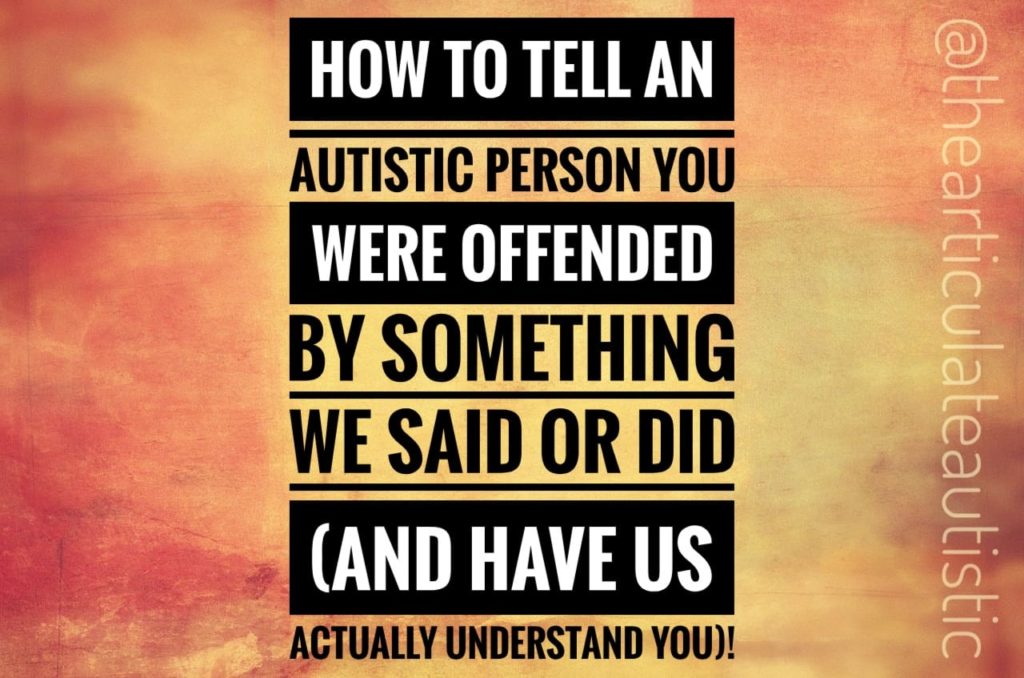
Because we have different neurological wiring, NTs and ASD peeps can experience the exact same event but have different “stories” to tell about it.
Now, that’s everyone. No two people experience an event identically because we’re all different.
However, with an NT person and an autistic person, these differences can be so vast, that if a confrontation about said event occurs, the NT might think they being blatantly lied to while the autistic will think they are being gaslit.
Here’s the thing, both and neither are true. You’re both speaking the truth, but in different neurological languages.
This holds deeply true for the experience of being offended by something an autistic person said or did.
The autistic person may blurt out what they see as a fact, but the NT person gets hurt.
(Article continues below.)
The best way to improve communication with your autistic loved one is to understand how your autistic loved one’s mind works! Intentions, motivations, and personal expressions (facial expressions or lack thereof, body language, etc.), are often quite different in autistic people than they are in neurotypical people.
Experience a better understanding of your autistic loved one by reading books about life from an autistic perspective as well as stories that feature autistic characters. You’ll have so many “Ah ha!” moments and start seeing your autistic loved one in a different light (and you’ll have a better understanding of their behaviors, which you may have been misinterpreting up until now).
Books I recommend for a better understanding of your autistic loved one:
For example, 20 years ago, I remember telling my very pregnant friend who tried on a black and white dress that she looked like a killer whale (yeah, I know–epic cringe), and she got offended.
For me, I was making a simple color and shape connection. For her, I was calling her fat.
I think we just laughed it off, but I was hardly ever so lucky in most of these types of interactions.
For me, I would say or do something deemed inappropriate with an entirely different intention in mind, and suddenly, someone would be yelling, screaming, crying, giving me dirty looks, or even hitting me.
I did not learn anything other than to be afraid. I saw people as scary and unpredictable. Never did I make the connection to something I said or did with their sudden hostile behavior.
– Jaime A. Heidel – The Articulate Autistic
Why? Because as soon as I get frightened, my mind goes completely blank, and I don’t even REMEMBER what I just said or did!
So, the next time you are offended by something an autistic person said or did, follow this formula if you want us to understand and improve our communication with you:
1) Take a deep breath. Remember, more likely than not, we did not just purposely try to upset you.
2) Make sure you have our full and undivided attention, and tell us, in a calm and even tone, that you have something important to tell us.
3) Make sure we are alone together or off to the side, so we are not distracted or feeling sensory overwhelm.
4) Tell us what we did or said that offended you.
5) Tell us WHY it offended you and, where applicable, why it is inappropriate to do or say.*
*An answer to the question “Why” is absolutely critical to our understanding.
6) Tell us what we could have done or said instead and why that is preferable.
7) Reassure us that we are OK and that our relationship with you is still OK.
For some, this might seem like a “dumbing down” or like you’re talking to a child, but when it comes to stuff like this, it is the only formula that has ever worked for me, and I think it’s very helpful for younger and/or less socially experienced autistics.
Follow me on Instagram.
Want downloadable, PDF-format copies of these blog posts to print and use with your loved ones or small class? Click here to become a Patreon supporter!


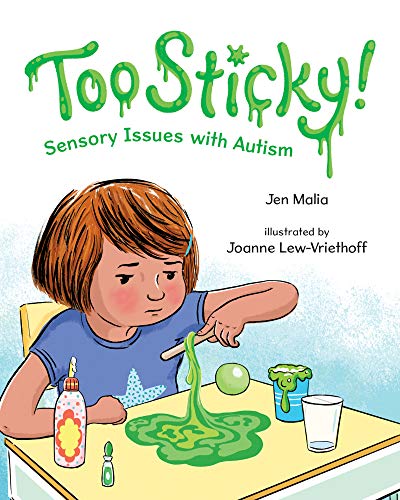

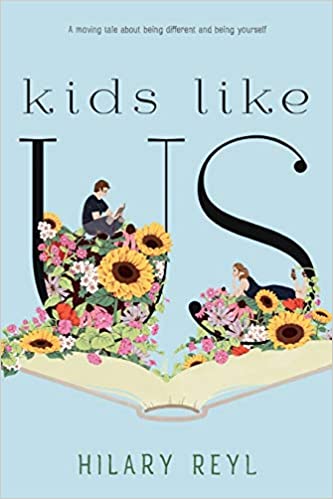
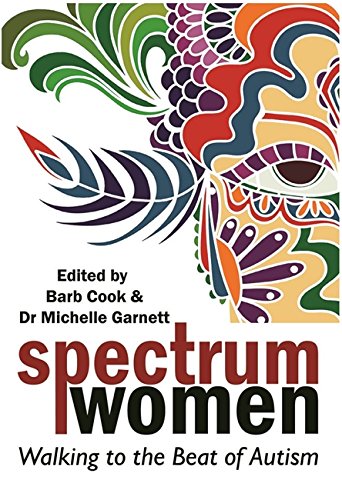
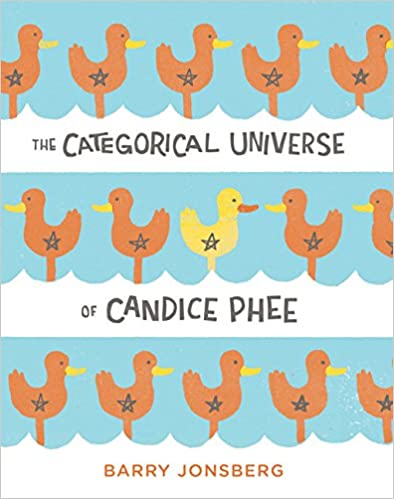

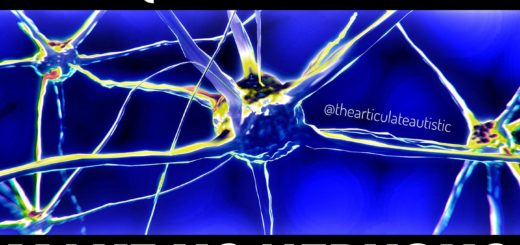

What does it mean if you follow steps 1-7 many times and the person continues doing what upset you?
I can understand forgetting. I don’t understand not taking measures to not forget, i.e. writing things down, etc.
Many would say it means the person “just doesn’t care about you” but I don’t want to assume that when there’s neurodiversity.
Would you please give some insight?
Hi, Misty. Sometimes it depends on the age of the person and/or their relationship to you. For example, if this is a child or a teenager, they may have more struggles with executive dysfunction and therefore not be able to write down what you’ve said or be able to remember to read it and try to commit it to memory. Does this person have a PDA profile? A pathological demand avoidance or persistent demand for autonomy? In that case, asking them to write things down can cause deep anxiety and the inability to do it. There are many factors to take into consideration for each individual autistic person. If you’d like, I offer private consultations for autistic individuals and their families. You can book a session here: https://www.thearticulateautistic.com/private-consultation-translation-autistic-adult/
Hi Jaime! I’m a NT and have had a few interactions with neurodiverse individuals and was the one that said something to offend them. As neurodiversity has only recently come into my awareness I am extremely ignorant of what to say to avoid invalidating or minimalizing their experience. I have watched countless YT videos telling me what NOT to say but no one ever says what TO say and I am confused. I know it probably doesn’t help them when I say that I do that too or compare my experience with theirs but I don’t know what the right thing is to say when I can only draw from my own experience. Do I just not say anything at all? Any advice? Thank you for this website and for being you and sharing yourself with the world! I Love you! 🙂
Hello. Well, I guess it depends on what it is you said that felt offensive to the neurodivergent person. I’d need some concrete examples? I think it’s amazing that you’re open to learning, though. 🙂
Yeah I guess concrete examples would help but I don’t have any right now….I guess I’ll have to ask them next time we talk… Well maybe you can tell me if there are some helpful things a NT can say to a ND? Are there general replies or examples you can give or is it completely subjective based on each situation? I do my best to be supportive and have empathy but words sometimes fail me, they are so limiting!
I’ll send you an email.
I’m in the process of being formally assessed, and only accepting the truth of my being Autistic in the last few years (I’m 55).
My interactions where an NT accuses me of saying something offensive has tended to be accompanied with a belief that I should already know what was offensive, why it was offensive, and that there could be no truth to what was said. I know some truths are uncomfortable, but it doesn’t make sense to me and feels totally random to never tell the truth because that truth might make someone feel uncomfortable.
Most recent example, and also an example with the largest repercussions:
I had a coworker that needed knowledge transfer that they never received. It was not something they could have known before they were hired as the knowledge related to some custom software and custom data models used at the company. I was the person who authored much of the relevant software, and was the person who designed the relevant data models.
Any attempt to discuss the required knowledge transfer with the person’s manager was met with “they will ask questions when they want to”, so any attempt to discuss this lack of knowledge transfer was assumed to be some sort of a personal insult.
I could never understand how knowledge transfer could be an insult, or how it was that I was being accused of harassing someone based on wanting us all to be productive. Mistakes were being regularly made, and complaints about how things didn’t work the way this person “expected”, where the knowledge transfer would have avoided the problem entirely. Any attempts to answer their questions was met with an accusation I was being “condescending” or similar.
Eventually with all the accusations against me, being raised to the level of being sent on “Sick” Leave, I ended up leaving the workplace entirely.
At no time did any of the management ask me why I said what I did, nor did they actually explain to me why they thought it was “offensive”. They just stated that it was (most often not being specific about what statement/etc was), and I was supposed to know what that meant without ever having a single answer to any of my questions (or them asking questions to clarify what I was saying).
I’ve had awkward conversations all my life. It is helpful to now know it is a communications/cultural mismatch between Autistic and Allistic speech/thought patterns. That doesn’t solve the problem in all scenarios, but it at least doesn’t feel as random.
Wow, superb blog layout! How lengthy have you ever been blogging for?
you made blogging look easy. The whole look of your web site is
great, as neatly as the content material! You can see similar:
e-commerce and here ecommerce
Within the past year I came to realize that I’m autistic. I am 34 years old, and I am in a relationship with an allistic partner. We both have ADHD. I was also diagnosed with bipolar disorder a couple years ago, but I’m now starting to think that was a misdiagnoses as autism explains all of my “bipolar” symptoms.
My partner is often upset because I don’t react to things in an allistic manner. Most often, she is upset when I don’t show enough enthusiasm, excitement, or joy about something she’s excited about or proud of. For example, she got a scholarship and I thought I showed enough excitement (I make a conscious effort because I’ve done it wrong so many times). I found out several days later that she didn’t feel like I cared. She relayed this to me In a calm manner, but she relayed it calmly after spending the entire day being in a mood that showed me I had clearly done something wrong. She wasn’t mean or anything. She was just not being chatty or playful, giving short responses, etc. I knew I did something wrong, and by the time she calmly told me, I had already spent half the day knowing that I had, once again, unintentionally and unknowingly messed up something. When she finally brought it up, I was totally triggered, and I started crying, and she assumes I’m using my tears to manipulate the situation and make it about me. She gets angry that I am hurt by being misunderstood again. She wants me to apologize for not showing enough excitement, and there is no room for me to feel upset too. I inevitably have a meltdown. Wash, rinse, repeat.
I don’t know what to do. Do you have any advice on how to avoid being triggered by always getting it wrong? How do I stop being so frustrated by constantly being misunderstood? A lifetime of being misunderstood really wears on you…
I’m so sorry you don’t feel understood. I know how horrible that can feel, and I know that getting upset about it can also be misunderstood on top of everything else. I highly recommend you get a copy of my book, “What Did I Do Wrong?” – An Accessible Guide to Preventing Traumatic Misunderstandings Between You and Your Autistic Loved One, so that she can better understand how your brain works and what your intentions are. Here is a link to get it on Amazon: https://amzn.to/4blFEtI. I also offer consultations, if either of you are interested. Here’s the link for that, as well: https://www.thearticulateautistic.com/private-consultation-translation-autistic-adult/.